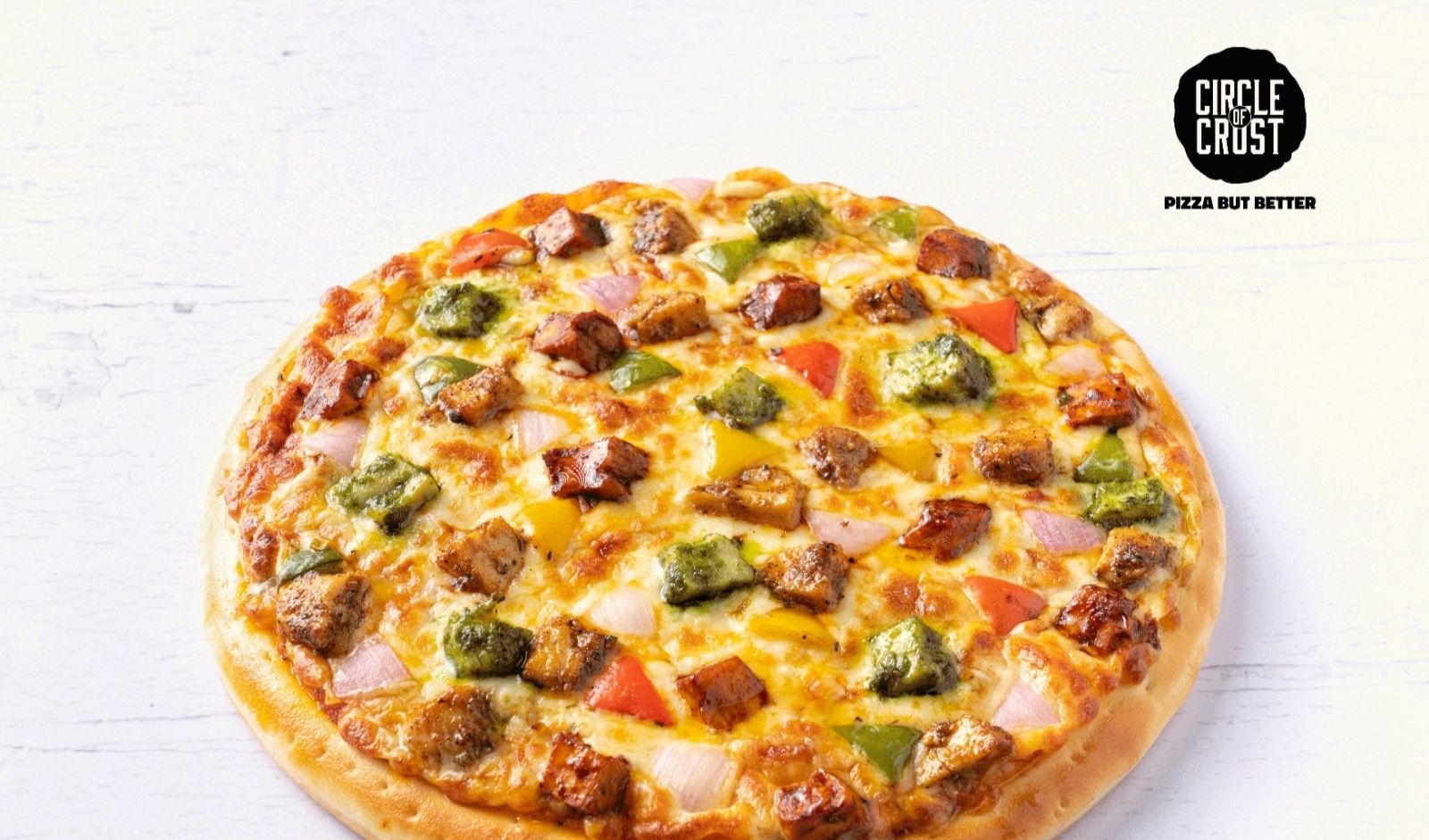
There is good news for all the vegetarian lovers. Jumboking, India’s leading QSR company has launched the Tangy Mexican burger on March 1, 2020 across 117 stores.
The Tangy Mexican burger is part of the fast-food chain’s seasonal product launch calendar for Q4 FY 2019-20.The burger comes with a delicious patty made of Latino greens, cooked chickpeas and black chana and is topped with fresh tomatoes, onion slices and crisp cabbage. Not just this, it is well bathed in a special Mexican bread spread between freshly baked buns.
“The Tangy Mexican burger is a welcome addition to the other flavours, and a good option to try out this summer,” says Poonam Singh, a marketing executive in Mumbai.
Advent of fast foods in India
In India, the changing lifestyle has in turn increased the frequency of dinning out. With the onset of big fast food chains like McDonald’s in 1996, and soon other big outlets like Dominos, Pizza Hut, KFC started the fast food chain in India and ever since then, its popularity has only been growing among people of every age group.
As per a report, Indian fast food market is expected to grow at a compound annual growth rate (CAGR) of 18 per cent by the end of this year due tothe change in consumer behaviour and demography.
This is surely indicative of the fact that India and the US are almost the same when it comes to people’s love for fast food. This might be good for the fast food business but studies have shown that in order to live a healthy life, it is important to keep a check on our fast food consumption. A healthy balance is always important to maintain when it comes to our health.
Copyright © 2009 - 2026 Restaurant India.








